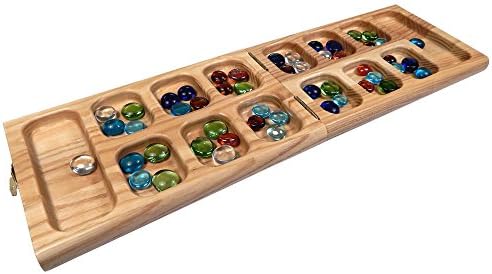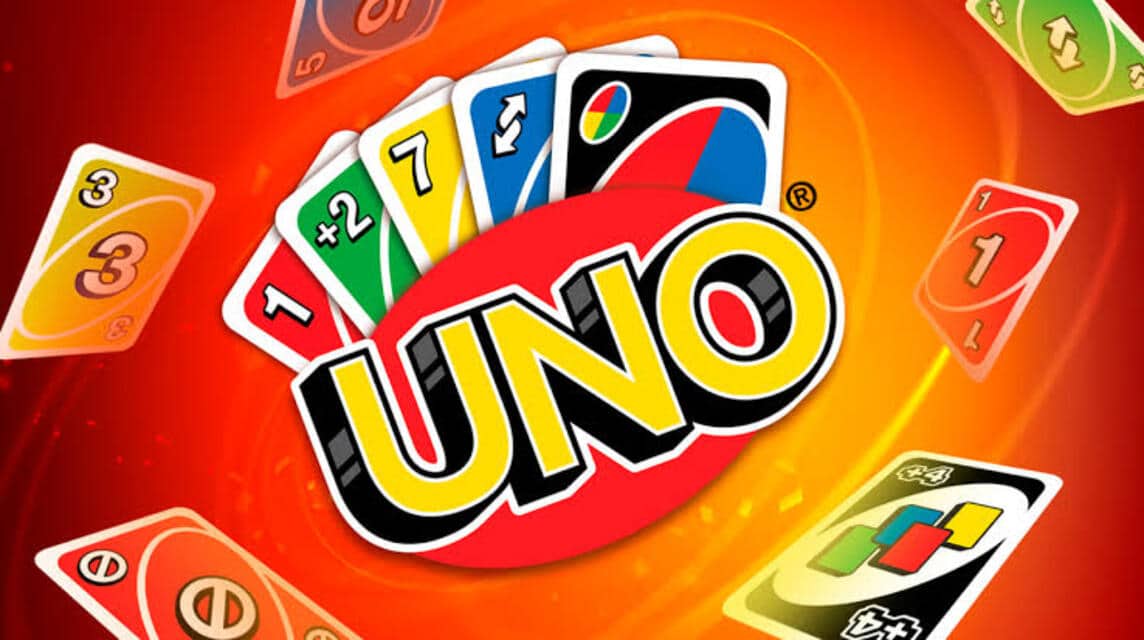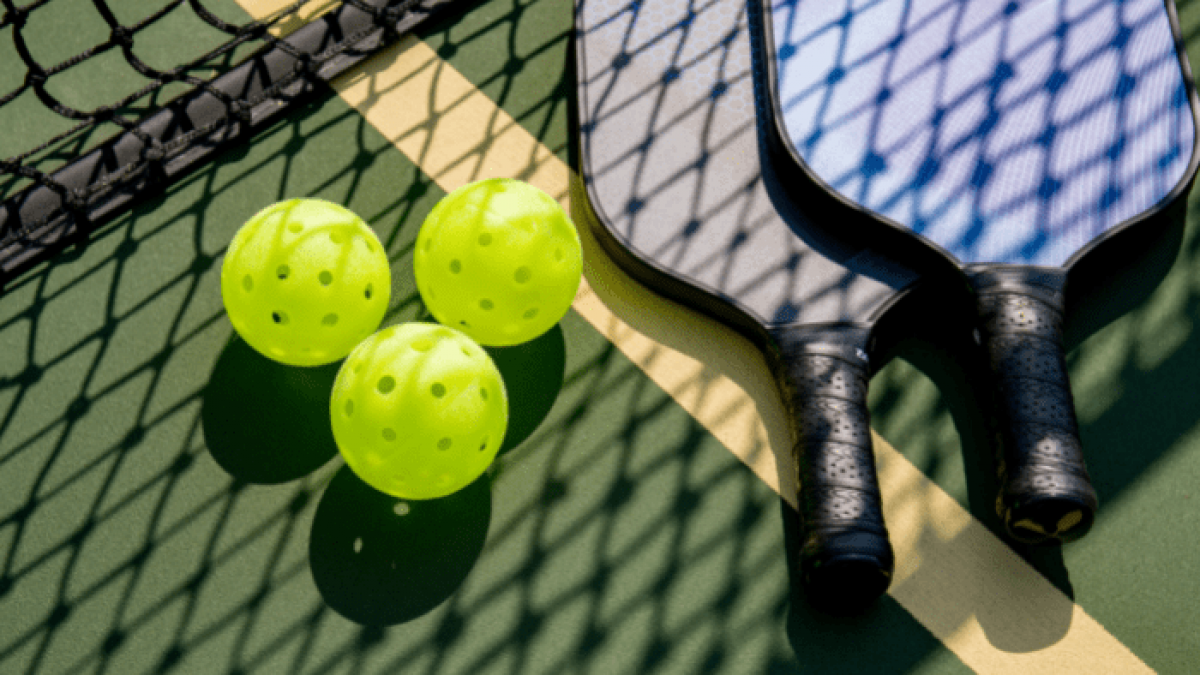Mancala Rules: A Guide to the Ancient Strategy Board Game

Introduction to Mancala
Mancala is a traditional board game that dates back thousands of years and has been played by various cultures around the world. The game is known by many names and variations, including Oware, Kalah, and Bao, but the basic rules remain consistent across different versions.
Setup
To set up a game of Mancala, place the game board horizontally between the two players, with the long sides facing them. The board consists of two rows of small pits, called "houses," and two larger pits, called "stores," at each end. Each player controls the six houses closest to them, and their store is to their right.
Place four seeds, stones, or marbles in each of the 12 houses, totaling 48 pieces. The stores remain empty at the beginning of the game.
Gameplay
The game begins with one player picking up all the seeds from any one of their houses and distributing them counterclockwise, placing one seed in each house, including their own store but excluding their opponent's store.
If the last seed lands in the player's store, they get another turn. If the last seed lands in an empty house on their side of the board, the player captures that seed and any seeds in the opposite house, placing them all in their store.
If the last seed lands in a house on the player's side that already contains seeds, they pick up all the seeds from that house and continue distributing them counterclockwise, following the same rules.
Winning the Game
The game ends when all the houses on one player's side are empty. The player who still has seeds remaining on their side of the board captures all the seeds in their opponent's houses. The player with the most seeds in their store at the end of the game wins.


